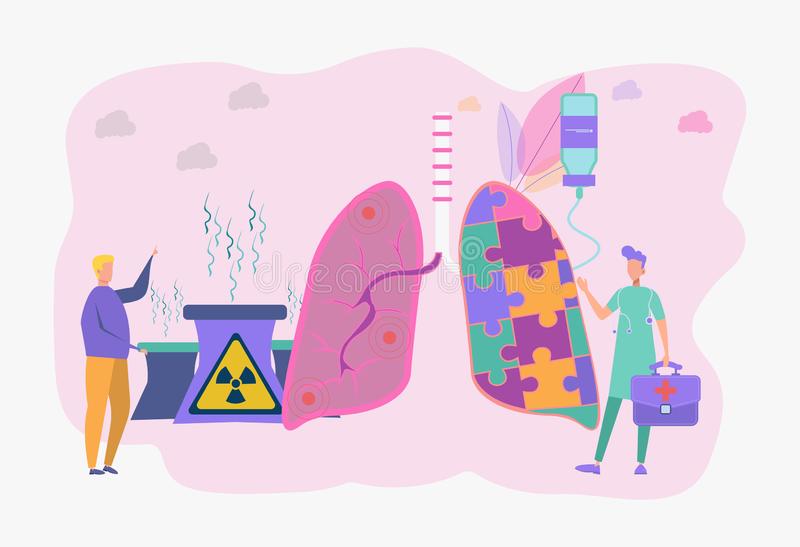Whether it’s a short-term and long-term exposure, pollutants in the air can cause a variety of health problems to anyone. The increasing level of pollution has triggered issues such as shortness of breath, wheezing cough, itchy eyes, or constant headaches in almost every other individual.
While respiratory infections are directly associated with air pollution, it is important to know that exposure to higher levels of harmful pollutants can have devastating effects on your heart health. Read on to know how prolonged exposure to these pollutants can affect the human heart:
How Does Air Pollution Affect Heart Health?
No matter where you live, exposure to air pollution is inevitable. The risk of having cardiovascular diseases largely increases due to the presence of particulate matter 2.5 (PM 2.5) suspended in the air carrying noxious substances causing acute to chronic coronary artery diseases. Individuals prone to hypertension, obesity, or diabetes are more at risk of developing heart conditions. Developing countries like India, are already dealing with crucial cases of poor air quality index (approx. PM .5) which surpasses the recommended limits.
We all know that air pollution has a huge impact on our respiratory tracts such as lungs and airways. However, the continuous contamination of blood with toxic particles is increasing the number of heart disease cases in urban cities. These widely spread air pollutants can affect your heart and circulation by;
- gradually damaging inside walls of blood vessels, which can become harder or narrower
- restricting the flow of blood vessels, which can put a strain on the heart
- increasing the level of blood pressure, raising the risk of formation of blood clots
- causing abnormal heart rhythms while affecting the electrical functioning of the heart
- progressively changing structure of the heart leading to cardiac arrest.
These damages can further lead to the development of new health issues or affect patients with existing heart conditions into debilitating conditions such as stroke or heart attack.
How to take care of your Health?
As it has become increasingly more challenging to beat rising levels of pollutants and prevent ourselves from getting affected, it is necessary to take extra care of heart health. This should be complemented by a balanced diet and being physically active. However, before going out just check the air pollution levels in your area, you can choose indoor workout sessions. Try early morning walks or cycling while avoiding highly polluted areas, especially if you have an existing health condition.
Prevention for patients managing existing cardiovascular illnesses;
People suffering from cardiovascular issues need to take a few measures including;
- Limit alcohol consumption
- Quit Smoking
- Manage Stress
- Practice Yoga
- Don’t exercise if you feel pressure in chest
- Maintain right BMI (Body mass index)
- Have regular health check-ups
- Seek consultant if required
Conclusion
If you are living in metropolitan cities witnessing the worst air quality, then long-term exposure to air pollution can take a serious toll on your health. Every year, millions of people around the world lose their lives due to the adverse effects of air pollution. Until we take strong steps to save our environment these detrimental effects will keep looming on our health.



Recent Comments